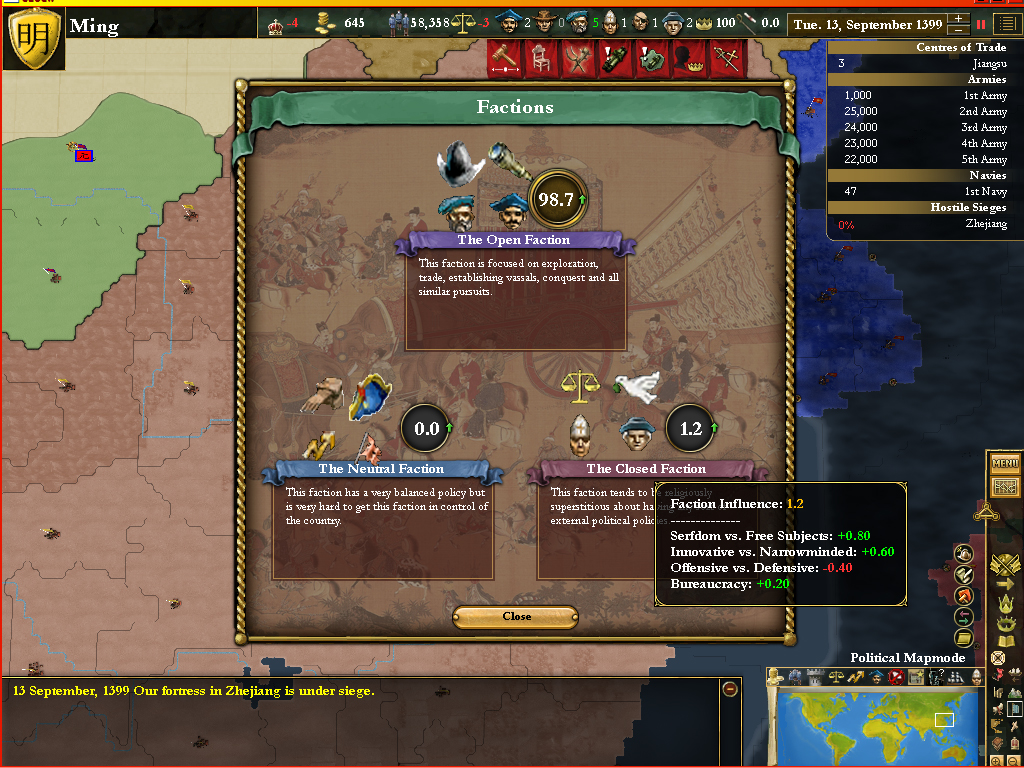



With a mix of political intrigue, soft power approaches to conflicts, highly advanced diplomacy mechanics, and overall unrelenting complexity, I can now admit that it all scared me away. Everything from the Civilization and Total War franchises to what I consider the timeless works of art in Master of Orion II and Age of Empires II: The Age of Kings.Ĭrusader Kings II threw that all out of the window. I dove into Crusader Kings II with the mindset that it would be similar to other strategy games that I’d played in the past, both turn-based and real-time strategy, as well as plenty of 4X fare. Since Crusader Kings II is the game that coined the nomenclature “grand strategy” back in 2012, I was intrigued as to what all that entailed. Years ago, a gaming friend of mine who knew I loved strategy games suggested that I give Paradox Interactive’s Crusader Kings II a try.


 0 kommentar(er)
0 kommentar(er)
